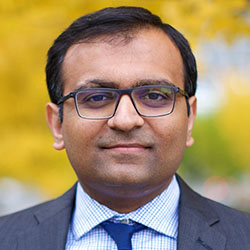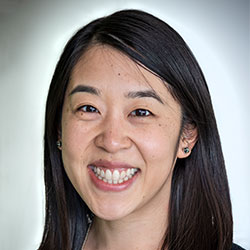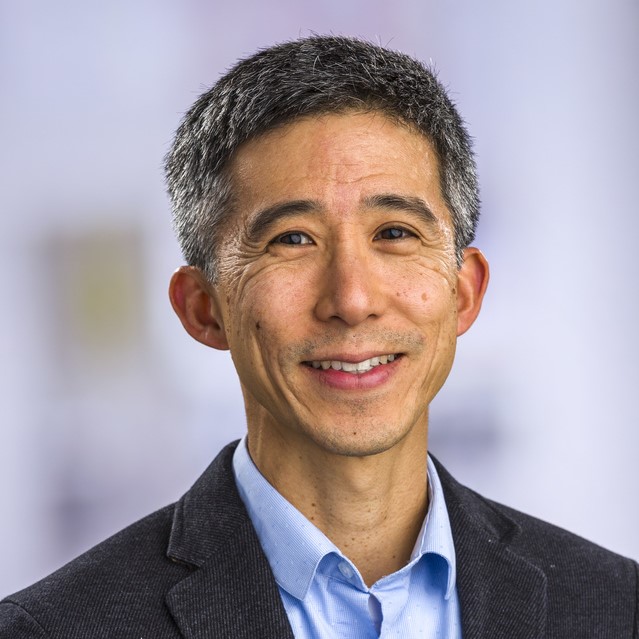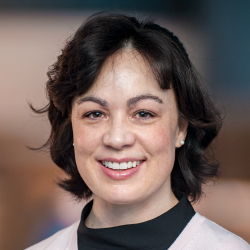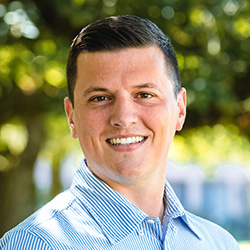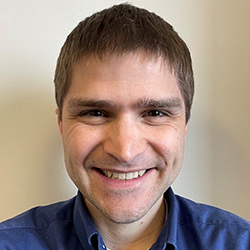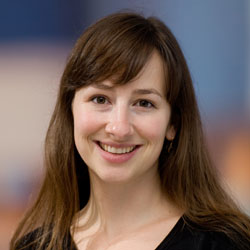Cancer Survivor Program
What is the Cancer Survivor Program?
Our Cancer Survivor Program helps children, teens and young adults stay healthy after cancer treatment.
- Our program is open to all survivors of childhood cancer who have finished treatment and have no signs of cancer, no matter where your child was treated.
- We also see young people who have been treated for noncancer diseases with chemotherapy, radiation therapy or stem cell transplant.
- We offer clinics in Bellevue, Federal Way, Seattle, the Tri-Cities and Missoula, Montana. In some cases we can hold visits via video phone calls (telemedicine).
- We assess and provide care for survivors until they become adults. We partner with the Survivorship Clinic at Fred Hutchinson Cancer Center to transition survivors to adult care when they are ready.
What’s special about the Cancer Survivor Program at Seattle Children’s?
Our goal is to keep survivors healthy over the long term by giving your child or teen excellent care and informing you about future health risks.
The Cancer Survivor Program is part of Seattle Children’s Cancer and Blood Disorders Center.
Please contact the center at 206-987-2106 for more information. Many insurance plans cover the cost of clinic visits. Check your coverage and ask your insurer if you need preauthorization or a doctor’s referral.
-
Recommendations tailored to your child
We identify issues and challenges that may come up after treatment has ended. At the start, our team:
- Reviews your child’s treatment and health history, regardless of where they received treatment
- Creates a summary of your child’s past cancer treatment
- Helps you and your child understand the treatment they received and potential long-term effects
- Recommends long-term follow-up care based on your child’s original cancer diagnosis and the treatment they received
-
Coordinated, comprehensive care
Many of our patients visit once a year, but you can decide what schedule works for you. We do regular check-ups and coordinate any care your child may need.
- You will get an information packet describing treatment received, any health issues or long-term outcomes to look for and tips on how to stay healthy.
- We refer you to other healthcare providers if your child needs care from other types of specialists.
- To help with the challenges along your journey, we offer emotional and psychological support.
- We provide supportive care ranging from nutrition to physical therapy plus services to meet your child’s and family’s emotional, psychological and spiritual needs.
- As needed, we refer you to social and community resources.
-
Peer, family and workplace support
- Peer support: A chance to get to know other childhood cancer survivors and their families. We hold events from time to time and can connect you to other groups.
- Family support: Up-to-date information and resources on cancer and overall health for you, your family and others in your life.
- School and work: Support for teachers or employers, such as phone or email consultation or written documentation and forms.
-
Leaders in survivor research
Your child will have the option to take part in research studies that help us learn about survivorship so we can better serve your needs. We also do research to identify risk factors or early signs of after-effects of treatment, such as heart damage or later cancers. Finding people at risk early could help prevent or lessen these late effects.
Dr. David Noyd is the medical director of the Cancer Survivor Program at Seattle Children’s Hospital and an attending physician on the Leukemia/Lymphoma team in the Cancer and Blood Disorders Center. He is also an assistant professor of pediatrics at the University of Washington School of Medicine. With the goal to improve the lives of survivors, he is dedicated to leading a survivorship program built on population health management principles through the integration of clinical informatics methods to provide optimal care for survivors at greatest risk for late effects; harness real-world data for health equity research; and inform risk-based care for survivors in limited resource settings.
Dr. Noyd has expertise in clinical informatics and works with a team to harmonize data for the National Childhood Cancer Registry as part of the Childhood Cancer Data Initiative at the National Cancer Institute. Focused on global survivorship to support care in limited resource settings, he is an active collaborator on the Pan American Health Organization/Latin American Society of Pediatric Oncology Survivorship Working Group as well as the Adapted Resource and Implementation Application (ARIA) Guide Survivorship Team.
Dr. Eric Chow is a nationally known expert in the long-term effects of treatment for childhood cancer. He holds leadership roles in the Children’s Oncology Group and the Childhood Cancer Survivor Study, which is funded by the National Cancer Institute.
Cancer Survivor Team
Physicians or advanced practice providers may guide your child’s care, depending on their needs. Our support team includes specialists from Child Life, Social Work, Financial Services, Interpreter Services and medical specialty clinics.
Our team includes:
Team
Cancer Survivor Program Providers
-
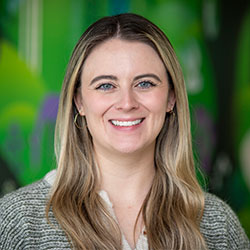
Taylor Giovannetti, RN, Nurse Coordinator
-
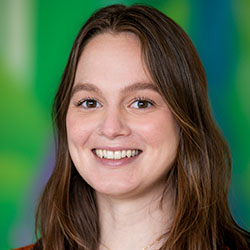
Natalie Waligorski, MS, MPH, LCGC
Contact Us
The Cancer Survivor Program is part of Seattle Children’s Cancer and Blood Disorders Center. For more information, contact the center at 206-987-2106 or or by email.
Providers, see how to refer a patient.
Scheduling an appointment
- Most insurance plans cover the cost of clinic visits. Some insurance plans may require a referral before your visit.
- Check with your insurance company about coverage, costs and if you need pre-authorization.
- How to schedule an appointment at Seattle Children’s.
Paying for Care
Learn about paying for care at Seattle Children’s, including insurance coverage, billing and financial assistance.
